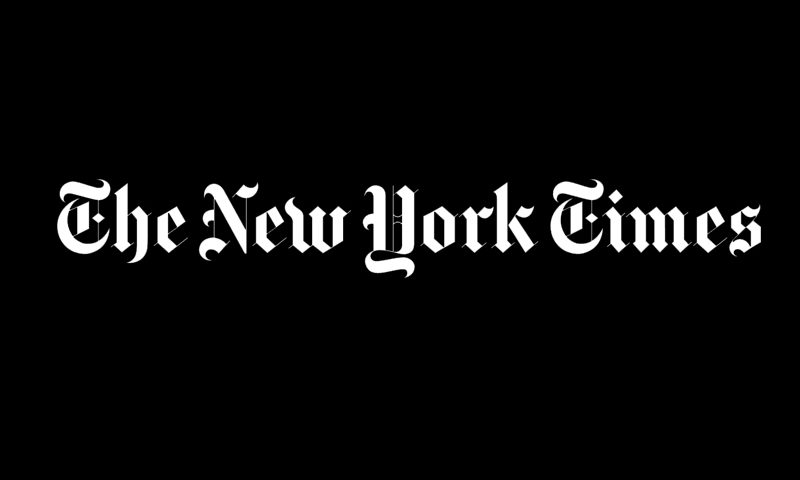
Fortune Magazine
October 5, 2017
Construction Today
October 5, 2017Spreading the Economic Word;Black Pulpits, a White Businessman and Buying Power
Strong in faith but weak in economic leverage, prominent black church leaders are joining hands with a little-known white conservative businessman in a secular alliance to cash in on black spending power.
Five denominations representing more than 15 million members -- nearly half of America's black population -- will use the power of 43,000 pulpits next month to urge their flocks to buy products and services endorsed by the Revelation Corporation of America, the for-profit merchandising creation of John B. Lowery, a Memphis developer.
If substantial numbers of parishioners heed the call, Mr. Lowery said, Revelation could quickly become a highly profitable public company controlled by church leaders, who have pledged the corporation's income to the cause of black home ownership.
According to the plan, substantial sums also would be funneled to local churches whose members buy the food products, durable goods, travel packages, auto and home financing and insurance that will be offered through Revelation. And Mr. Lowery, without apology, says he hopes to reap a personal fortune, as well.
"If I make any money, that means the churches will be making a lot more," the 40-year-old entrepreneur said. His company, Lowery-Riggan Inc., holds 30 percent of Revelation's stock and controls three of 10 board seats, while the five participating denominations own 70 percent of the stock and hold seven seats. Mr. Lowery said Revelation would charge no membership fees and would stand or fall on its ability to convince buyers that they were being offered bargains.
Backers praise Revelation as an opportunity to revive deteriorating minority communities, where little mortgage money is available. But already, detractors are asking uncomfortable questions about the project. They question the wisdom of associating mainstream black churches with a little-known business operator with no experience in mass-marketing. And they worry that steering blacks to Revelation's corporate partners could harm established black businesses like insurance companies and car dealerships.
The National Baptist Convention, U.S.A.; the Christian Methodist Episcopal Church; the American Methodist Episcopal Zion Church; the National Baptist Convention of America, and the Progressive Baptist Convention have all joined the marketing plan.
But the three other major denominations belonging to the Congress of National Black Churches have declined to take part. Bishop John Hurst Adams of the African Methodist Episcopal Church is an outspoken opponent. "I think it is inappropriate for black churches to turn their constituents over to a white businessman about whom we know so little," he said. "I do not view a project that enriches whites as a form of black empowerment. The first and most glaring reservation I have is, 'Who is this John Lowery?' "
While the answer to that question is complicated, in part because of Mr. Lowery's past connections, the bishops who have signed on with Revelation say they are impressed by his business acumen. In the five months since Revelation's plans were announced, the Memphis developer says, he has persuaded several major corporations to take part as vendors, including the Progressive Insurance Company of Cleveland, which will write auto insurance, and several more are waiting in the wings. By June 17, he said church members will be able to dial an "800" number to register with Revelation, and starting Aug. 1, five million Revelation coupon books will be distributed to them, each containing 50 discount coupons on food and other household and toiletry items redeemable at neighborhood groceries. New books will be handed out every month, and a sample catalogue of products and gifts will be available by Christmas, he said.
"We're charging our advertisers $10 per 1,000 coupons to be in our books," he said. "Our cost is $3 per 1,000, which means Revelation collects $7 on every 1,000 coupons issued even if not a single coupon is redeemed." By that formula, Revelation would earn a minimum of $21 million on coupons this year, he said.
If things go well, Mr. Lowery calculated Revelation could take in $126 million in the first 24 months of operation, with expenses totaling only $6 million because the corporate partners would bear most of the costs. One-third of the net would go to participating local churches and the balance to the corporation's building fund to help people acquire low-interest mortgages for new homes or commercial buildings in black neighborhoods.
Membership-based marketing is hardly new. CUC International Inc. in Stamford, Conn., is probably the biggest commercial provider of discounted goods and services, with 46 million members; its "Entertainment" coupon books are popular fund-raisers for churches and other groups. And Mr. Lowery says he is patterning Revelation on the American Association of Retired Persons, the Washington-based nonprofit group representing more than 33 million older Americans. The A.A.R.P. earned $146 million in commissions in 1994 by lending its name to insurance and other programs sold to its members.
Black churches have always played significant political and social roles in the lives of their members, but their economic initiatives for decades were generally limited to matters like burial funds and financial help for widows and orphans.
Outside the church, attempts to organize national self-help groups had checkered histories. Booker T. Washington's National Negro Business League, formed to aid small black businesses, met resistance from both whites and black leaders like W. E. B. Du Bois, who objected to Washington's acceptance of racial segregation.
Marcus Garvey's Universal Negro Improvement Association attracted a large following in the 1920's with its message of economic self-reliance and racial pride, but it fell apart after Garvey's conviction on mail-fraud charges. His ideas continued to influence political thought and church-based sects, however, notably black separation groups like the Nation of Islam, which operates a number of retail stores in an attempt to keep money circulating inside black communities.
Now, the chronic economic problems of inner cities and growing skepticism that government can improve conditions have focused black church leaders' energy on economic development.



